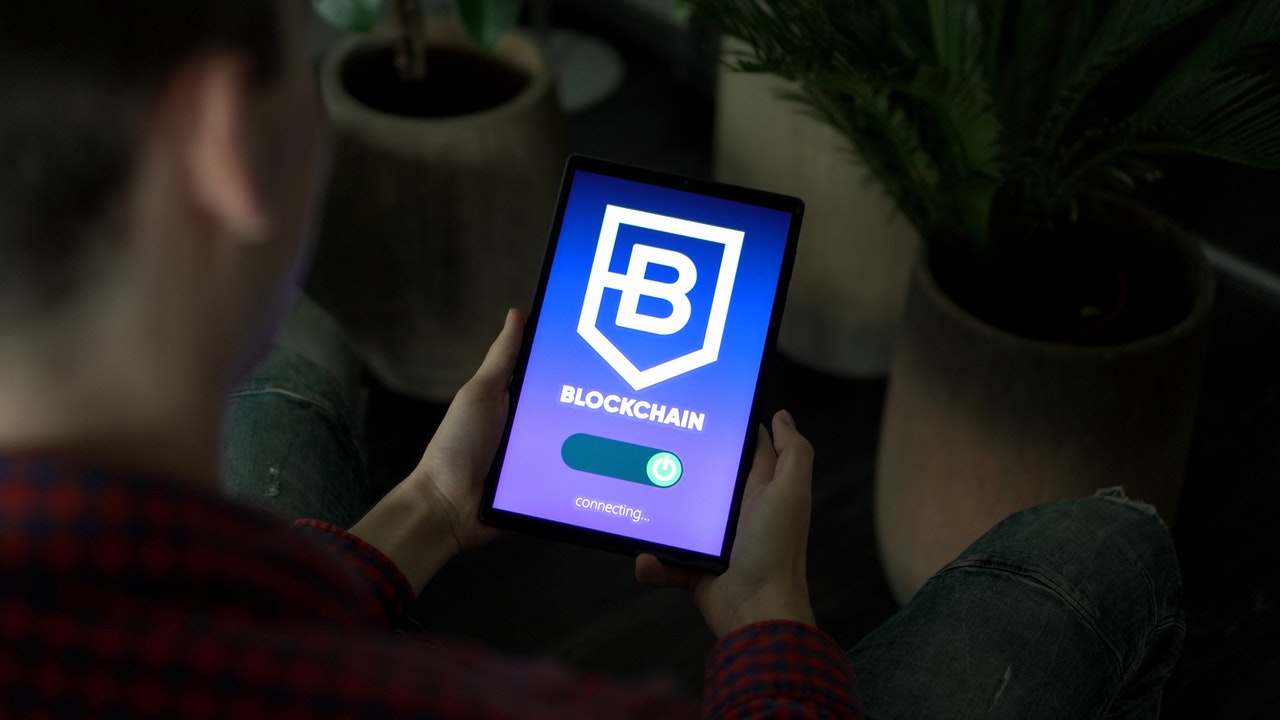
IoT and Blockchain are the hottest trends in the tech field today. Both of them have been around for some time now, but they are fairly new to many people. The Internet of Things (IoT) is a network of devices, vehicles, and more. These are embedded with sensors and have network connectivity that enable them to exchange data.
On the other hand, Blockchain refers to an online ledger that is used to record transactions across multiple computers. This technology has gained importance due to its ability to control cryptocurrency by making use of smart contracts that execute automatically based on inputs from different parties. Blockchain’s scope extends beyond cryptocurrency markets, cryptocurrency value, etc.
Here’s how Blockchain is disrupting the Internet of Things and becoming more relevant than ever.
The Internet of Things is Becoming a Part of our Lives
In the past decade, the Internet of Things (IoT) has become a part of our lives. It is a trend that shows no sign of slowing down and has been driving innovations in many industries including healthcare, transportation, and manufacturing.
IoT involves connecting everyday objects such as wearables (like Fitbit), smart meters on utility poles for monitoring energy usage, or even your coffee machine at home via Wi-Fi so you can check its status from wherever you are. And these things aren't just limited to consumer products, they're everywhere from automobiles that track your driving habits to sensors on bridges that monitor traffic flow across them. The possibilities are endless.
Blockchain Benefits for IoT
Blockchain is a decentralized and distributed ledger that records transactions across many computers. The technology removes the need for a central authority or middleman, resulting in increased transparency and trust. Blockchain can be used in multiple ways with IoT devices to improve security, data accuracy, transactions, ownership rights, and more.
While blockchain has become well known as the backbone of cryptocurrencies such as Bitcoin. It has much broader applications than just digital currency transactions, as an immutable public record of transactions that are shared among all participants on a network rather than stored on any single server. Blockchain technology offers benefits for business operations ranging from supply chain management to employee management. As one expert put it, "Blockchain is like a spreadsheet magically shared by everyone involved.
Blockchain-Based IoT Along With Cryptocurrency or Tokenization
This is where the blockchain and cryptocurrency come in. Blockchain technology is used to connect all of the different devices, but it also allows for data to be shared securely with anyone on the network. In this way, a blockchain network can act as an autonomous peer-to-peer system for sharing information and processing transactions between IoT devices.
The second major use case for blockchain technology in IoT is tokenization or crypto tokenization. It refers to using a cryptographic token (cryptocurrency) as an incentive mechanism for securing sensors and other smart devices from hackers or from tampering with their data streams.
One thing that makes IoT networks so vulnerable is that there’s no central authority controlling them. Rather they function more like temporary alliances between users that have agreed upon a protocol/standard among themselves. It means there are always potential threats lurking around every corner when dealing with such systems.
Blockchain Advantages for IoT
The benefits of blockchain technology go beyond a single company or industry. It has the potential to enhance every aspect of our lives. Blockchain is a decentralized technology that allows people to send money around the world without having to go through banks or other financial institutions. It also gives people complete control over their data and digital assets.
It’s also important to note that there are many different types of blockchains. Some are public while others are private, but all share in common the fact that they use cryptography and digital signatures as part of their security measures and other processes within them (think about how your PIN works at an ATM).
Challenges Faced by IoT Solutions Due to Blockchain
IoT solutions are facing various challenges due to blockchain. Though the technology is in its early stages, some of the IoT solutions are still not ready to adopt blockchain. Some of these challenges include:
Implementing Blockchain Into Internet of Things Will Revolutionize IoT Industry by Making It More Secured
You can use blockchain to secure IoT devices and the data they produce. By using blockchain, you can ensure that nobody has tampered with your IoT device after it was installed in your smart home. You can also ensure that no one is spying on you through your smart fridge or other smart appliances by putting in cameras.
Blockchain security measures will protect your transactions, as well as any information exchanged between various devices in a network. For instance, if someone tries to use a fake ID card at a grocery store checkout counter today, chances are good that they won’t be able to fool the cashier. Because there’s not enough room for fraudsters to manufacture new IDs these days thanks partly due to biometric technology being used more widely than ever before.
The IoT industry is still in its infancy and has a long way to go before it can reach its full potential. You can make your predictions about the future, but one thing is certain: Blockchain will play an important role in how connected devices interact with each other, and vice versa.






